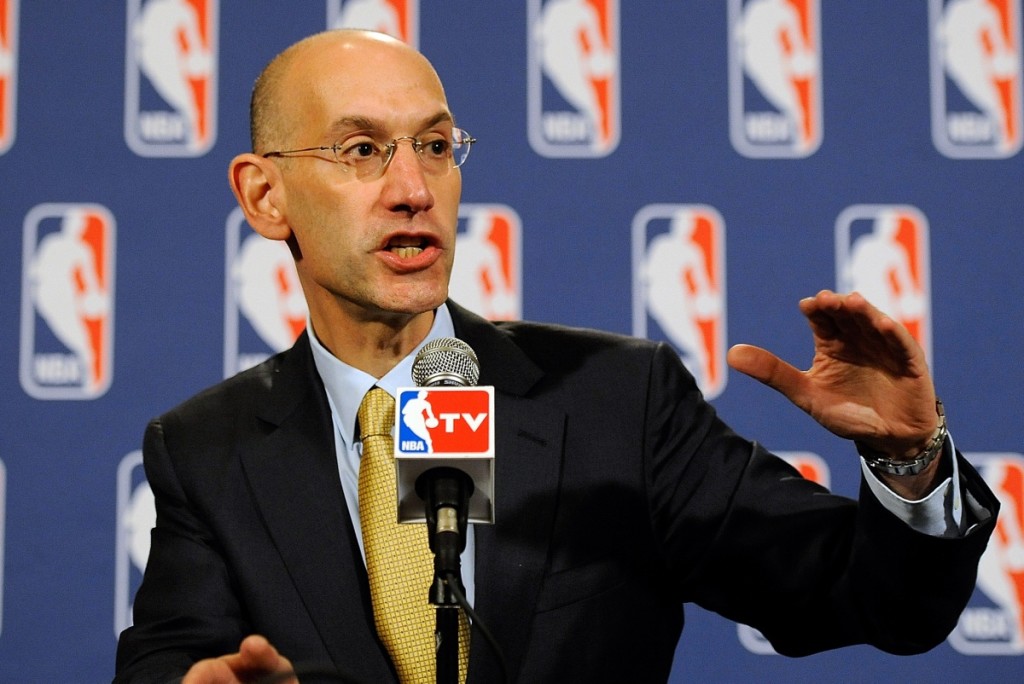Written by Kurt Hellin at ProBasketballTalk.com
When was the last time you saw any labor contract — not just the NBA, not just pro sports, but in any business — get done before either side could opt-out, let alone the actual deadline?
That’s what happened with the NBA’s new Collective Bargaining Agreement (CBA). The teams had until Dec. 15 of last year to opt out, with the real deadline for a new deal being July 1 of this year. Yet the two sides reached a deal before either side even opted out.
Thursday the NBA and National Basketball Players’ Association announced that the new CBA had been signed. It’s a seven-year deal that kicks in July 1.
The deal got done primarily for two reasons. One, the league is awash in cash with the new television deal and neither side wanted to put that at risk. Second, NBA Commissioner Adam Silver and NBPA Executive Director Michelle Roberts do not have the long, scarred history of their predecessors (David Stern and Billy Hunter), so they didn’t come to the table with distrust and looking to settle old scores.
The new CBA is largely status quo, which is another reason it got done quickly. Here are the highlights.
• The roughly 50/50 split of revenue remains in place (the players get between 49-51 percent of “basketball-related income” depending on if the league meets revenue goals). It’s always about the money, once this got done the rest tends to fall in line. The rising tide of the new national television contract has floated all boats and nobody wanted to rock that boat.
• The college one-and-done rule will remain. However, both sides will continue to look at the issue. (Will it change eventually? It’s a negotiation, if one side really wants the limit moved they are going to have to give something else up.)
• A new “designated player” rule, which we should just call the Kevin Durant rule. The rule allows teams that have a player they drafted that is entering their seventh or eighth year in the NBA to be offered a longer, larger contract extension — five years starting at 35 percent of the salary cap, same as 10-year veterans. The qualifications are the player has to be with the team that drafted him (or have been traded during his rookie deal, the first three seasons), and have been MVP or made the All-NBA team that season (or two of the previous three). Other teams could only offer four years starting at 30 percent of the cap. For example, Golden State can and will offer Stephen Curry that extension this summer. The more interesting test will be DeMarcus Cousins — the Kings say they will offer it and Cousins has said he will sign it.
• The NBA players’ union now will handle negotiations for player-likeness rights (such as those used in video games). This is something the union wanted and they see as a growth area of revenue, and how were the owners going to push back on the idea of players controlling their own images?
To continue reading this article, click here.




